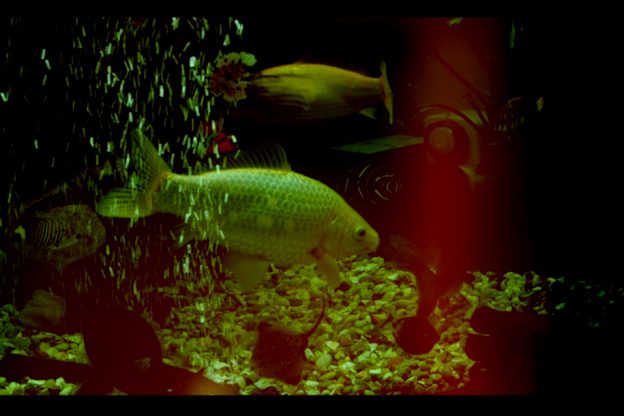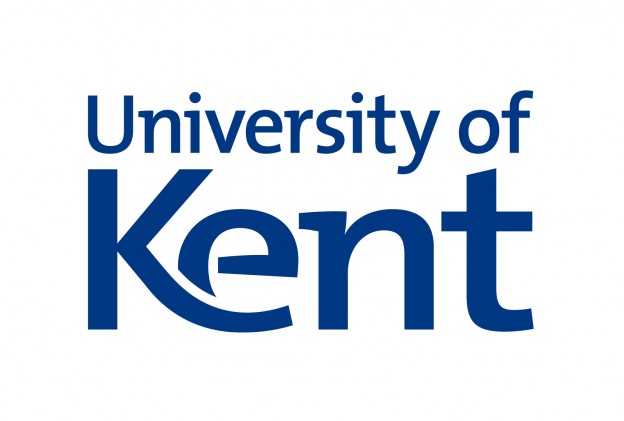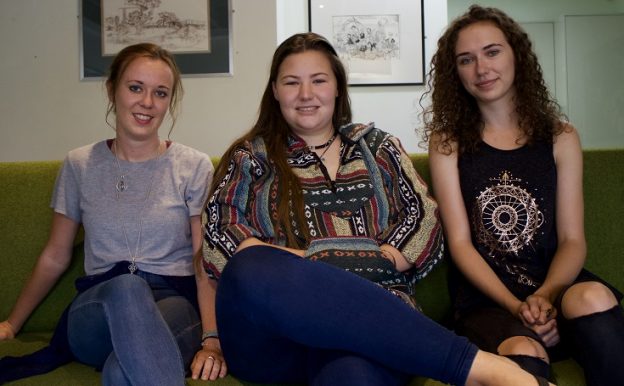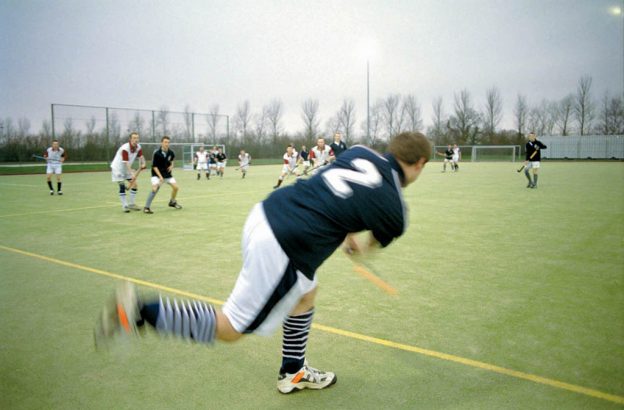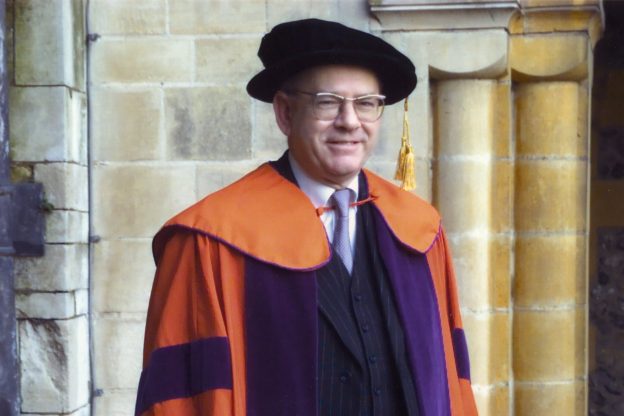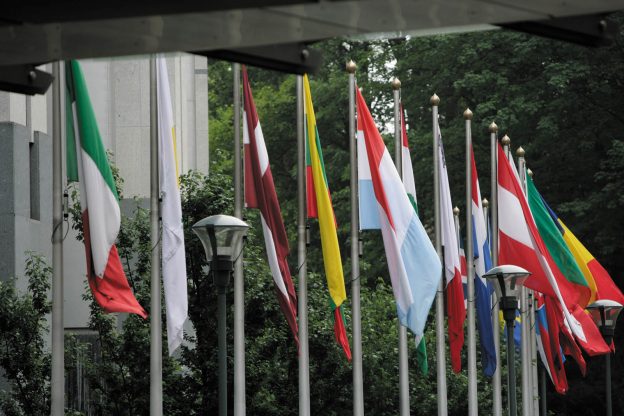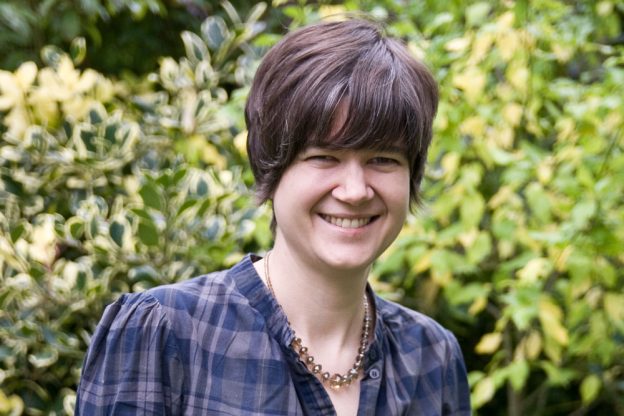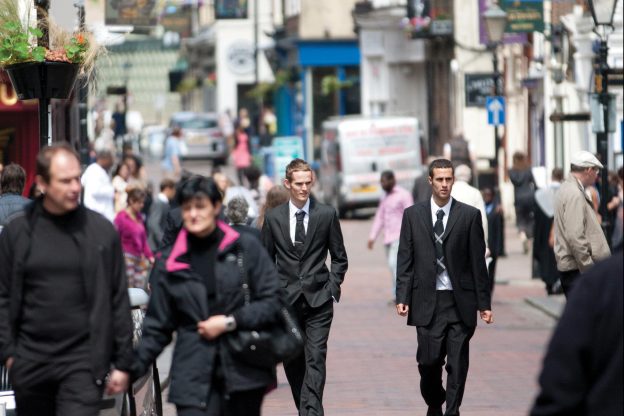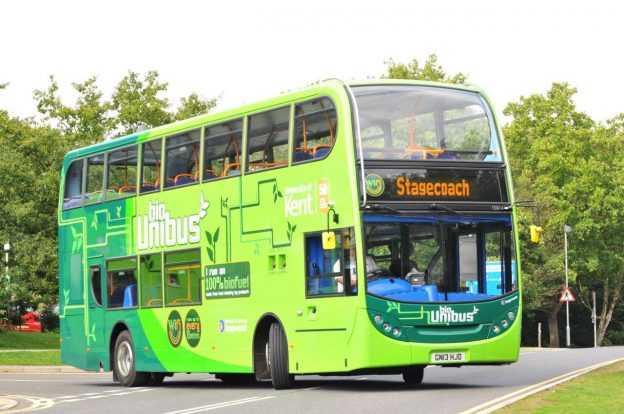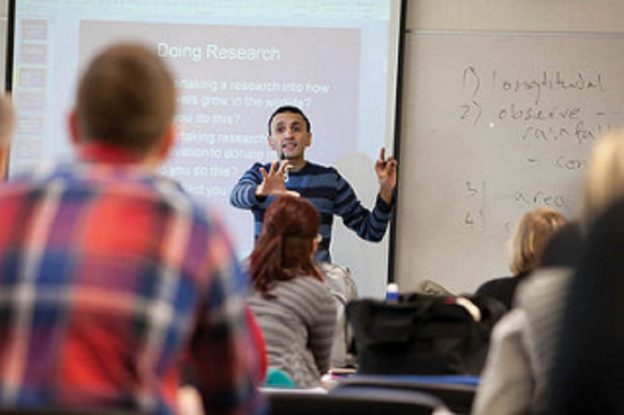Dr Ellen Swift, Reader in Archaeology, in the Department of Classical & Archaeological Studies has published a new book entitled Roman Artefacts and Society: Design, Behaviour and Experience (Oxford University Press, 2017), with research for the book supported by a Leverhulme Research Fellowship.
Dr Swift uses design theory, previously neglected in Roman archaeology, to investigate Roman artefacts in a new way, making a significant contribution to both Roman social history, and our understanding of the relationships that exist between artefacts and people. Based on extensive data collection and the close study of artefacts from museum collections and archives both in the UK and elsewhere, the book examines the relationship between artefacts and everyday behaviour and experience. The concept of ‘affordances’ -features of an artefact that make possible, and incline users towards, particular uses for functional artefacts – is an important one for the approach taken. This concept is carefully evaluated by considering affordances in relation to other sources of evidence such as use-wear, archaeological context, the end-products resulting from artefact use, and experimental reconstruction. Artefact types explored in the case studies include locks and keys, pens, shears, glass vessels, dice, boxes, and finger-rings, using material mainly drawn from the north-western Roman provinces, with some material also from Roman Egypt.
The book then considers how we can use artefacts to understand particular aspects of Roman behaviour and experience, including discrepant experiences according to factors such as age, social position, and left- or right-handedness, which are fostered through artefact design. The relationship between production and users of artefacts is also explored, investigating what particular production methods make possible in terms of user experience, and also examining production constraints that have unintended consequences for users.
For full details, please see the publisher’s webpage.
